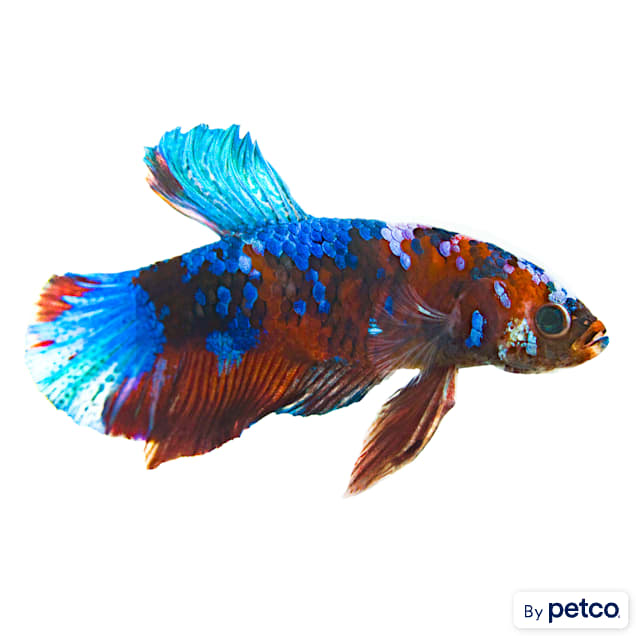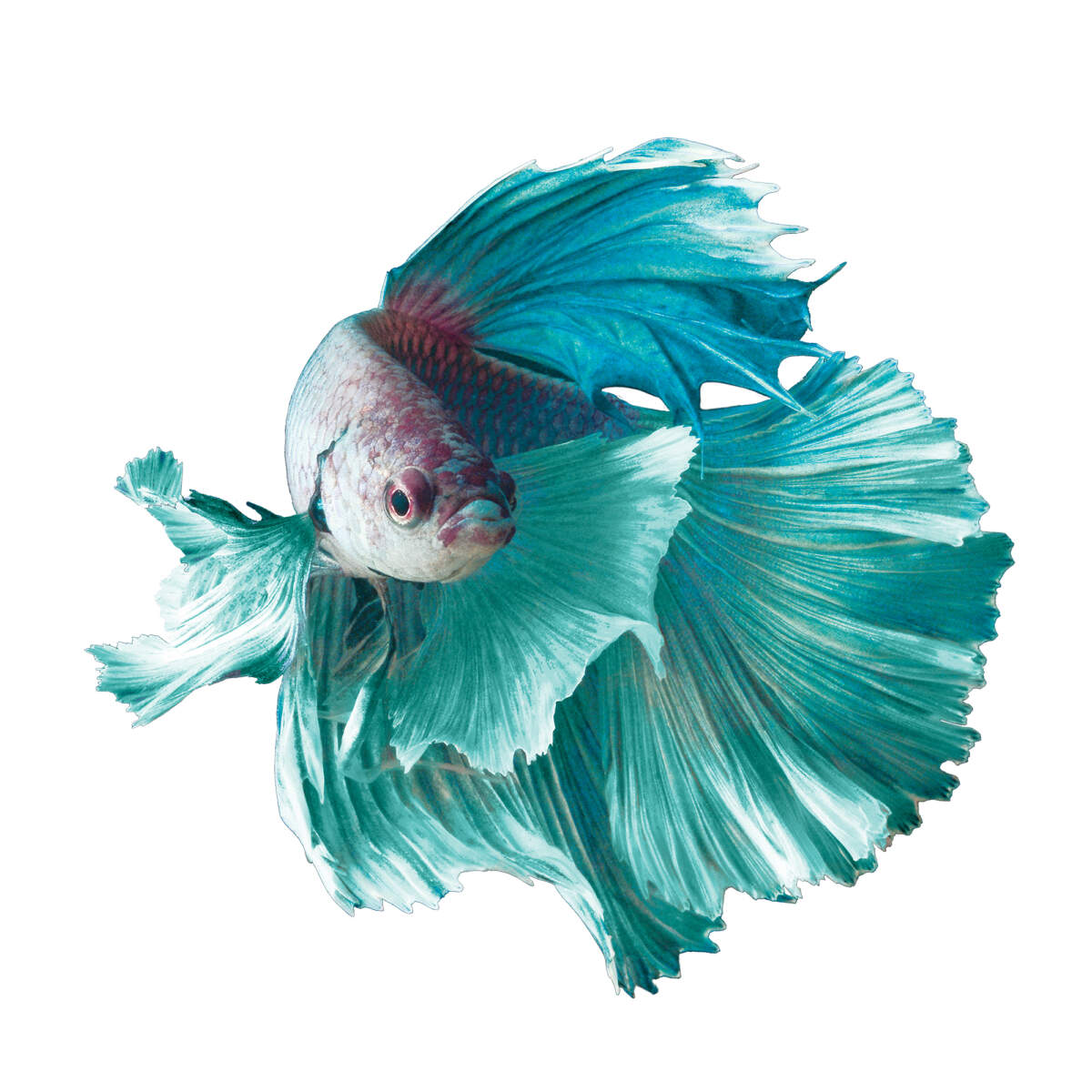Just How to Present Betta Fish to a Community Tank Safely
Just How to Present Betta Fish to a Community Tank Safely
Blog Article
The Ultimate Overview to Betta Fish Care: Necessary Tips for Preserving a Healthy and Flourishing Aquarium Environment
Reliable Betta fish care demands a detailed understanding of their special environmental and physical requirements. Developing an ideal fish tank begins with picking the right tank dimension and making certain ideal water problems, which are crucial for the wellness and wellness of your Betta. In addition, recognizing appropriate feeding practices and developing a conducive environment can significantly affect your fish's vigor and habits. As you consider these foundational facets, it becomes clear that preserving a growing aquarium atmosphere calls for focus to detail and continuous commitment. What details techniques will you execute to boost your Betta's top quality of life?
Selecting the Right Container
Picking the ideal storage tank for your Betta fish is essential to guaranteeing its wellness and wellness. Bettas grow in environments that mimic their natural environments, which generally include calmness, cozy waters. A container size of at the very least five gallons is advised to offer adequate swimming space, as smaller sized storage tanks can lead to stress and anxiety and health problems for these vibrant fish.
When choosing a container, consider the container's form and filtration system. Additionally, a reliable filtration system is vital to preserve water quality and reduce the frequency of water adjustments.
Temperature law is an additional essential element; Bettas like water temperature levels in between 76 ° F and 82 ° F. Investing in a good heating system will guarantee that the water remains within this array, advertising a healthy and balanced and energetic lifestyle for your Betta. Lastly, giving ideal tank decorations and hiding spots will help in reducing stress and motivate natural habits, additionally improving your Betta's wellness.
Keeping Water Quality
Preserving optimum water high quality is vital for the health and wellness and durability of Betta fish. This requires normal monitoring of different specifications, including temperature, pH, ammonia, nitrite, and nitrate levels.
The pH level ought to preferably fall in between 6.5 and 7.5. Normal screening utilizing a reliable water testing package can help make certain these specifications continue to be within the suitable ranges. Ammonia and nitrite degrees ought to constantly go to 0 ppm, as even reduced concentrations can be hazardous to Betta fish. Nitrate levels must be maintained under 20 ppm to stop long-lasting health and wellness concerns.
Routine water modifications are important to maintaining water top quality. Additionally, incorporating a durable purification system can assist in preserving water quality and high quality, supplying a healthier habitat for your Betta fish.
Ideal Feeding Practices
Supplying a balanced diet regimen is important for the wellness and vibrant pigmentation of Betta fish, as their dietary demands play a substantial role in their general health. Betta fish are carnivorous naturally, needing a diet high in healthy protein. A combination of high-quality pellets, frozen or live foods such as bloodworms, salt water shrimp, and daphnia can provide the crucial nutrients they require.
Feed your Betta fish 2 to 3 times a day, offering only what they can eat within a couple of mins to stop overfeeding and maintain water top quality. Overfeeding can bring about weight problems and wellness concerns, consisting of swim bladder disease. It is vital to check their dietary intake and readjust portion dimensions accordingly.
In enhancement to protein, a well balanced diet regimen needs to include minerals and vitamins to advertise optimum wellness. Think about supplementing their diet with high-grade flakes or pellets especially developed for Betta fish, as these frequently consist of needed additives.

Creating an Appropriate Habitat

Water top quality is extremely important; maintain a temperature between 76 ° F and 82 ° F, and guarantee the pH level varies from 6 - betta fish.5 to 7.5. Normal water changes of 25-50% per week will certainly help maintain toxic substances away and guarantee a stable atmosphere
Integrating plants and hiding spots is crucial, as Betta fish are normally territorial and delight in having areas to check out and pull away. Live or silk plants, along with caverns and accessories, can produce a revitalizing setting.

Regular Wellness Checkups
Carrying out regular health and wellness appointments is important for ensuring the well-being of Betta fish, as very early detection of possible concerns can protect against serious health and wellness troubles. These appointments need to incorporate a complete assessment of the fish's physical condition, behavior, and ecological factors.
Begin by observing the Betta fish for any signs of distress, such as sleepiness, loss of hunger, or unusual swimming patterns. Additionally, examine the fins and body for signs of staining, sores, or fin rot, which can suggest infections or parasites. Regularly monitoring the water quality in the aquarium is just as important; specifications such as pH, ammonia, nitrite, and nitrate levels must be maintained within ideal varieties to avoid tension and health problem.
In addition, consider keeping a log of wellness observations and water high quality tests. Timely treatment can make a considerable difference in the recuperation of your Betta fish, making sure a long and healthy and balanced life in a well-maintained aquarium atmosphere.
Final Thought
In conclusion, effective Betta fish treatment pivots on producing and preserving an optimum fish tank environment. By adhering to these standards, aquarists can promote the health and vibrancy of Betta my link fish, inevitably resulting in a flourishing marine community.
Report this page